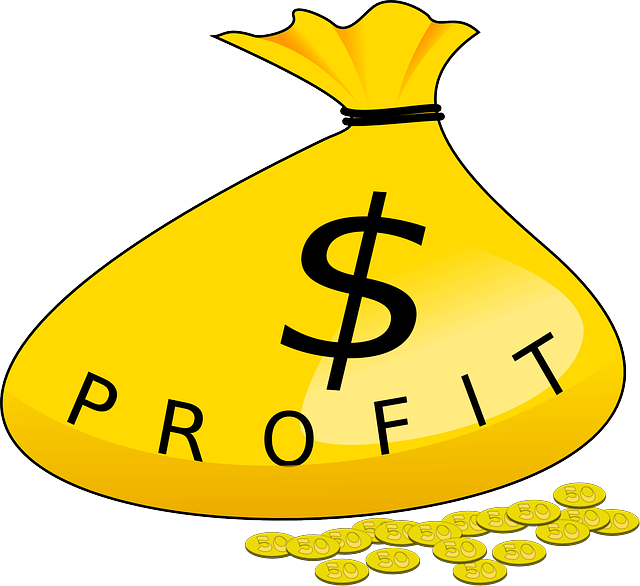
Rising Costs Challenge Savings
Inflation has slowed to 2.3% annually in April, the lowest since February 2021, but consumers still feel the pinch. Tariffs introduced recently have raised concerns about higher prices for everyday goods. Economists warn that businesses may pass these costs to shoppers, squeezing household budgets. Financial security now hinges on proactive steps to manage money wisely.
Retail Investors Stay Resilient
Retail investors have shown grit amid market swings caused by tariff uncertainty. They’ve been buying the dip, snapping up stocks during volatility, while institutional investors pull back. This trend highlights a shift: everyday investors are betting on long-term gains despite short-term chaos. Experts suggest diversifying portfolios to weather economic storms.
- Diversify investments: Spread money across stocks, bonds, and ETFs.
- Emergency fund: Save three to six months’ expenses.
- Budget tightly: Track spending to cut non-essentials.
Retirement Planning Under Pressure
Tariffs and inflation are making retirement planning tougher. Higher costs for goods can erode savings, and market volatility adds risk to 401(k)s. Financial advisors urge staying invested despite turbulence. Long-term strategies, like contributing to retirement accounts consistently, remain key to building a secure future. Starting early maximizes compound interest.
Practical Steps for Stability
Consumers are adapting by rethinking spending habits. Some are opting for cheaper brands or delaying big purchases. Financial educators stress the importance of a financial plan. Setting clear goals, like paying off debt or building savings, helps navigate uncertainty. Staying calm and informed is critical for financial security.

